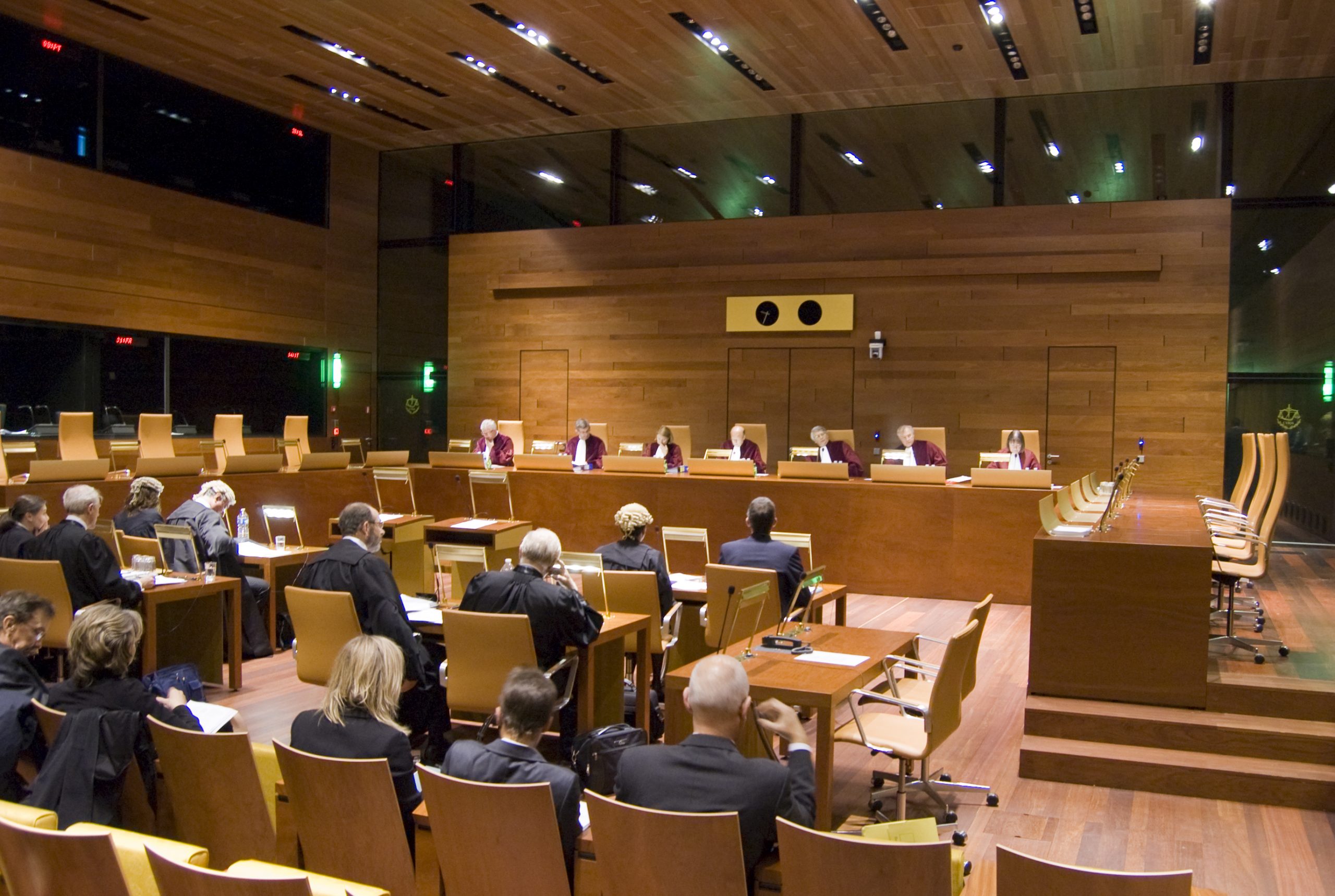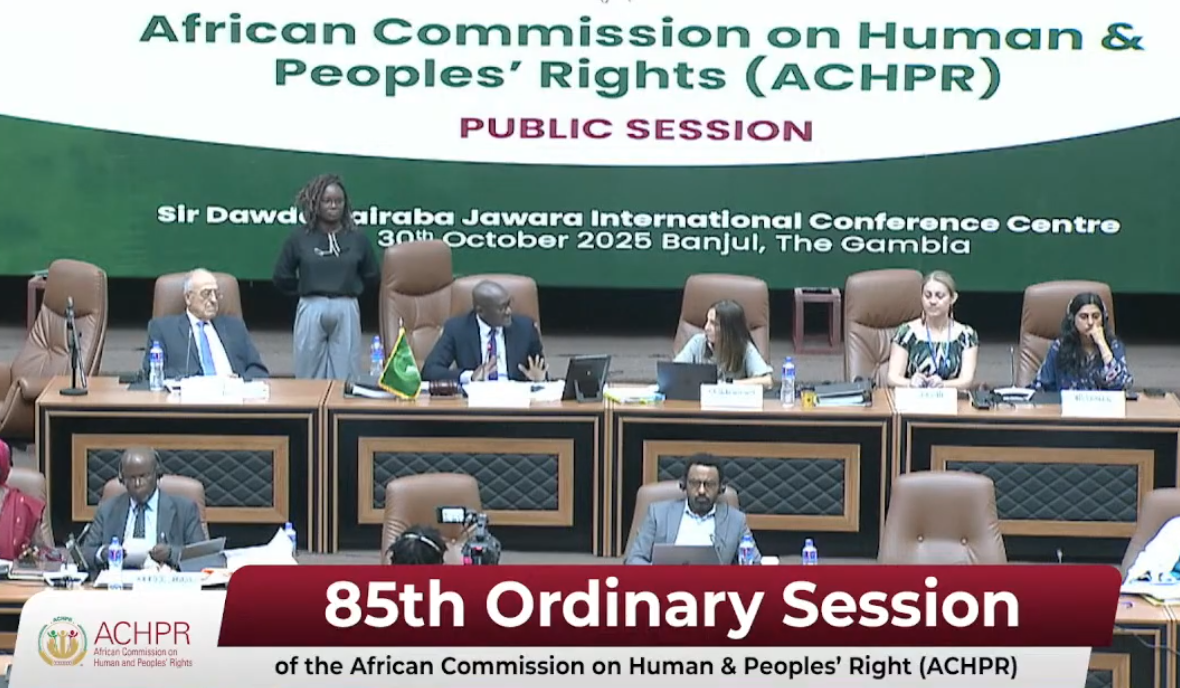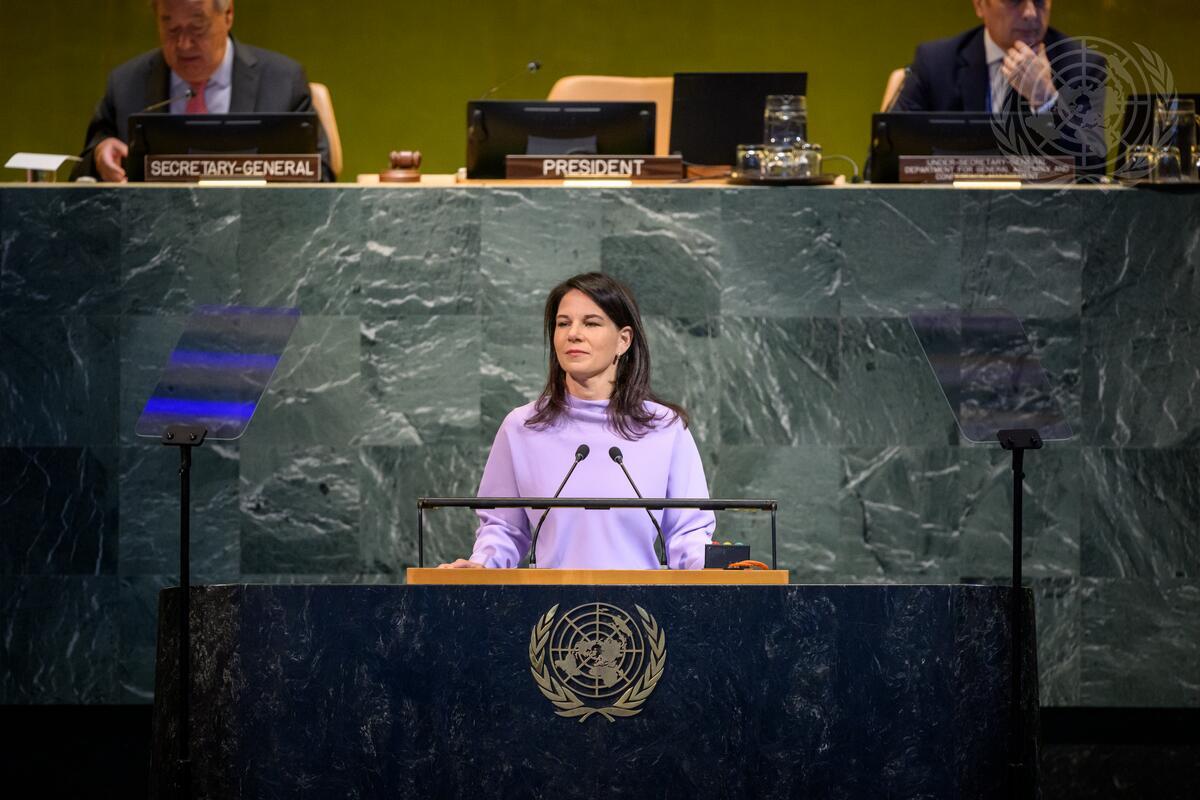The legal analysis, prepared pro bono by leading international law firm Freshfield Bruckhaus Deringer LLP and Robert Kirkness of Thorndon Chambers on behalf of the International Service for Human Rights (Switzerland) and the Legal-Informational Centre for NGOs (Slovenia), concludes that Hungary’s ‘Stop Soros’ legislation – and specifically, section 353/A of that law – criminalises assistance to asylum seekers and ‘illegal’ migrants and thus violates EU and international human rights standards.
The analysis is intended to inform infringement proceedings brought against Hungary by the European Commission in the European Court of Justice (CJEU).
According to ISHR Director Phil Lynch, ‘the proceedings provide a landmark opportunity for the European Commission to submit, and the European Court of Justice to conclude, that European governments have a binding legal obligation to create an enabling environment for the defence of human rights’. This binding obligation arises both from EU law and from international law, including the UN Declaration on Human Rights Defenders.
Specifically, the legal analysis concludes that the Stop Soros legislation:
- violates Hungary’s obligation to establish and maintain a framework that enables human rights defenders to assist asylum seekers (such as by effectively criminalising the provision of information and assistance by defenders to asylum seekers);
- violates the fundamental rights of human rights defenders, including the rights to freedom of expression and of association (such as by effectively criminalising the building, funding or operation of a network to support asylum seekers); and
- by violating the rights of human rights defenders also violates the rights of asylum seekers themselves (such as by depriving asylum seekers of access to legal assistance and justice).
The analysis also sets out how section 353/A of the Stop Soros law is grossly disproportionate to any legitimate objective that may be purported by the Hungarian Government, being so broadly drafted as to potentially criminalise ‘any act of assistance, direct or indirect, even very minor assistance such as the distribution of a leaflet explaining the application process to an asylum seeker or indirect assistance such as the making of a donation to an NGO that does so’.
According to Lynch, ‘the effect of the Stop Soros law is both direct – criminalising aid and assistance to asylum seekers and migrants in certain cases – and indirect – having a chilling and deterrent effect on any form of asylum seeker or migrant rights advocacy, particularly in light of the breadth and vagueness of the provisions.’
The conclusions set out in the Freshfields legal analysis reflect concerns raised by the UN Special Rapporteur on Migrants who, following an official visit to Hungary in 2019, observed:
These vaguely defined ‘criminal activities’, without explicitly stated humanitarian exemptions, could be interpreted as any support or assistance provided by civil society organisations to asylum seekers… The uncertainty about the scope of application… creates a chilling effect on civil society organisations… [who] may apply self-censorship and reduce or terminate services, which further hinders asylum seekers and migrants from exercising their right to seek asylum and international protection.
Mr Lynch notes that while the case before the Court focuses on Hungary, a finding by the Court that European law incorporates an obligation to enable the work of human rights defenders, in line with the UN Declaration on Human Rights Defenders, could have significant implications for other countries. As of December 2019, according to the Migration Policy Group, 171 defenders of the rights of migrants and refugees in 13 European countries had been criminalised.
Sarah Brooks, who leads ISHR’s work to support migrant and refugee rights defenders, says: ‘This case provides an opportunity and an imperative for the Court to address the deterioration of rights in Hungary, and to unequivocally rule on the illegality of Viktor Orban’s anti-migrant and anti-civil society policies. The Court also the chance to make clear for the first time that all European states have a legal obligation to protect and facilitate the vital work of human rights defenders – and that efforts to discredit, sanction and criminalise defenders will not be tolerated.’
Contacts:
- Phil Lynch, Director, International Service for Human Rights at [email protected]
- Sarah Brooks, Programme Manager and Brussels Representative, International Service for Human Rights at [email protected]
Photo: Court of Justice of the European Union




